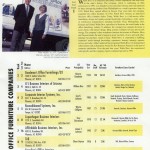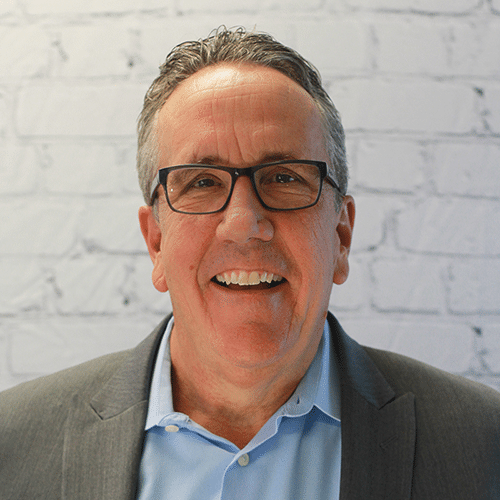Most of the CEOs and Executives I’m coaching from Bangor, Maine to Phoenix, Arizona (and all points in between) are wrestling with the same struggle: how to connect with and motivate today’s workforce! Most are frustrated and perplexed with this dilemma. Even in this difficult economic cycle many are still experiencing what appears to be low levels of urgency, personal commitment and responsibility. Why is that? Are they poor leaders?
I think it’s the end of leadership. Leadership, as we’ve known it, for sure! The days of blindly following the command and control leader are gone! It must have been nice (and easy) to be a leader back then! You could mandate that 100 widgets get produced per day, per worker, with no overtime, whether they like it or not.
The truth is, that today’s workers are skeptical about blind loyalty. Do you blame them? Look at what happened with Enron and other corporate meltdowns that resulted in loyal long-term employees losing everything that they had invested (both time and emotional energy) in the business.
Combine that with the 9/11 event, and people are more focused on enjoying the moment and looking out for themselves. That doesn’t mean you can’t find and attract hard-working, committed employees. It just means you’ve got to be much more creative and adaptive as a leader. You need to have a high level of emotional intelligence.
So we start with a skeptical workforce and add the fact that we all operate in increasingly competitive and complex markets. The need for high levels of personal commitment and focus is greater than ever. High level performance is critical for long-term survival.
I believe there is one form of leadership that is most appropriate today for producing high levels of performance and business results. I’m calling it a “coaching leader“. This new form of leader knows how to connect with, inspire, and hold accountable the new kind of workforce. The coach, in collaboration with the team, creates a vision and a culture that breeds an atmosphere of personal commitment, high performance and a focus on both business results and personal reward.
Don’t misunderstand me. The coaching leader still has some of the elements of the older forms of leadership. At times he or she has to act like a manager and make sure certain things get done. Sometimes they act more like a mentor and help people learn a new technique. But the coaching leader has high emotional intelligence, great personal discipline and integrity and consistently builds loyal and committed followers.
What kind of leader are you? Are you trying to be the old command-and-control leader? Or are you one of the many CEOs I’m coaching that is a bit confused and frustrated with today’s workforce?
Have you considered becoming a “coaching leader“?








